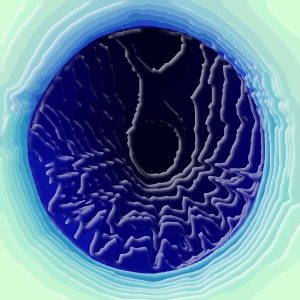Featured Products
- In-Stock Tumor Cell Lines
- Human Orbital Fibroblasts
- Human Microglia
- Human Pulmonary Alveolar Epithelial Cells
- Human Colonic Fibroblasts
- Human Type II Alveolar Epithelial Cells
- Human Valvular Interstitial Cells
- Human Thyroid Epithelial Cells
- C57BL/6 Mouse Dermal Fibroblasts
- Human Alveolar Macrophages
- Human Dermal Fibroblasts, Adult
- Human Lung Fibroblasts, Adult
- Human Retinal Muller Cells
- Human Articular Chondrocytes
- Human Retinal Pigment Epithelial Cells
- Human Pancreatic Islets of Langerhans Cells
- Human Kidney Podocyte Cells
- Human Renal Proximal Tubule Cells
Primary Cells
Explore Products



 KYSE410 is a human esophageal squamous cell carcinoma (ESCC) cell line derived from a poorly differentiated, invasive tumor resected from a 51-year-old Japanese male patient. This epithelial-like cell line exhibits adherent growth in monolayers with a doubling time of approximately 45 hours. KYSE410 harbors mutations in TP53 and KRAS, and demonstrates overexpresses of oncogenic markers such as heparin-binding growth factor (hst-1) and cyclin D1. The cell line is tumorigenic in nude mice, readily forming subcutaneous tumors upon xenotransplantation. It retains key features of genomic instability, characteristic of advanced ESCC.
KYSE410 is a human esophageal squamous cell carcinoma (ESCC) cell line derived from a poorly differentiated, invasive tumor resected from a 51-year-old Japanese male patient. This epithelial-like cell line exhibits adherent growth in monolayers with a doubling time of approximately 45 hours. KYSE410 harbors mutations in TP53 and KRAS, and demonstrates overexpresses of oncogenic markers such as heparin-binding growth factor (hst-1) and cyclin D1. The cell line is tumorigenic in nude mice, readily forming subcutaneous tumors upon xenotransplantation. It retains key features of genomic instability, characteristic of advanced ESCC.